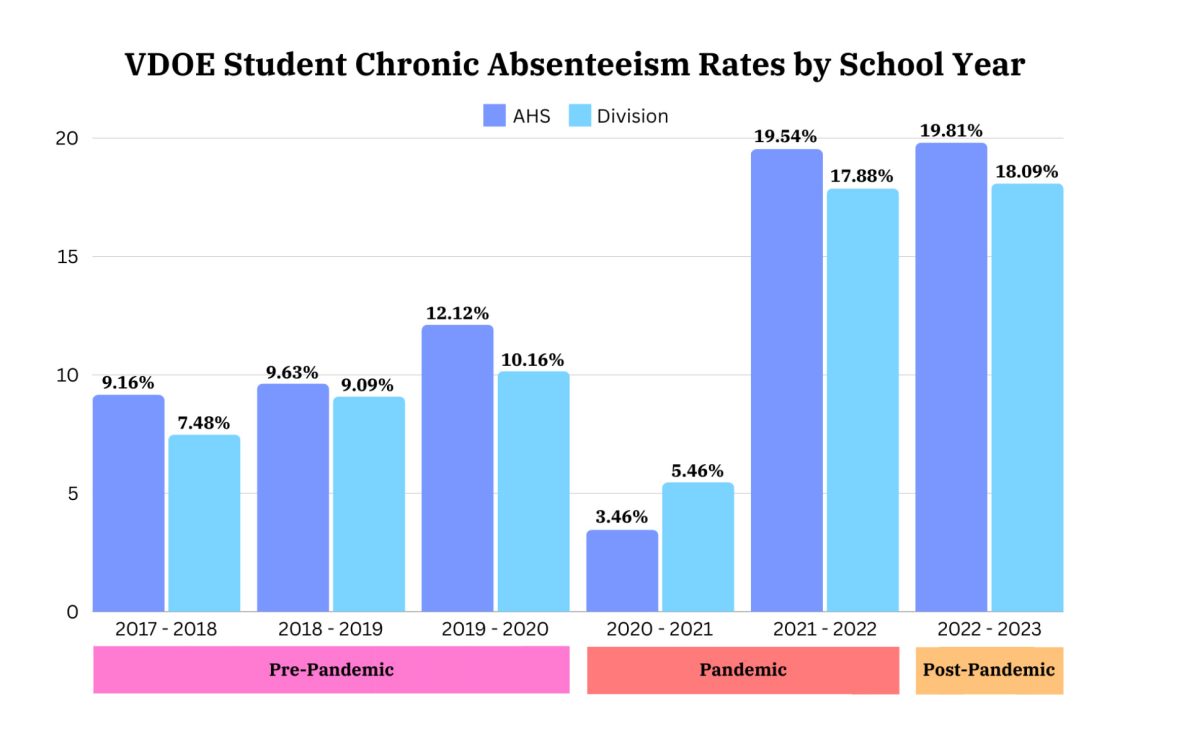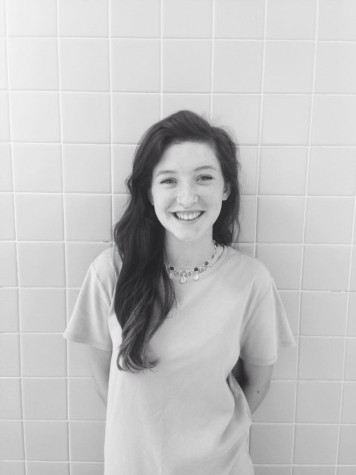Thrown into a fluorescently-lit, carpeted conference room packed with other confused and socially traumatized adolescents, I am asked to sit down and begin working on my first assignment at the writing convention I was so eager to attend until this moment,
“Describe yourself in six words.”
Pencils begin to scurry across the paper, each student summarizing themselves into six simple words, but I sit paralyzed because I am panicked and abhorred by the idea that all of these complex and creative creatures are following such a utilitarian instruction as to “describe yourself in six words.”
“Funny, extroverted, bubbly, optimistic, creative, goofy,” says the silky-haired and sweet-looking girl swathed in Forever 21 sitting across from me. Her choice of words makes me inexplicably glad I was not chosen to initiate the introductions with my sarcastic self-description, four of my words having to do with my murderous tendencies, the other two being “anarchist” and “drooler.” Where I have disregarded the assignment altogether, she has done her best to illustrate herself in those few words, but in doing so, has been forced to reduce her character to something that can be spoken in less than twenty syllables.
Her six words, if read without any regard to the person saying them, would leave me disinterested with the seemingly superficial character those words were describing. However, after conversing with this “bubbly” and “goofy” human, I found that she was training to be an Olympic gymnast and, as an avid lover of history, she named her dog “Seaman” after the dog that accompanied Lewis and Clark on their expedition up the Mississippi. Someone who can name their dog “Seaman” in purity and all sincerity is a rare specimen indeed.
I found that every interesting fact about this girl was lost in her artificial description of herself; to “describe yourself in six words” is to mince character into six different generalizations in which one has chosen to condense themselves. Am I overanalyzing the simple task at hand, an instruction innocently meant to ignite conversation between a group of uncomfortable teenagers?
Yes, clearly I am.
However, my frustration is that confining the character of a human being has become commonplace: a no-hassle description of a complicated, unique and vastly interesting individual is hazardous for the ego, and thoughtless of character.
To classify someone as a “hipster” is to attach them to Two Door Cinema Club and Adventure Time, implying that their tastes do not expand outside the realm of an Arcade Fire Pandora station and Michael Cera films.
But worse than that is when a person defines their character by a stereotype they’ve chosen themselves. With that hollow and formulaic word they’ve conveniently chosen as a description of their character, they reduce themselves to a specific persona from which they are afraid to reach out, fearing if they did, they would lose the self they’ve been searching so frantically to find.
“Undercover Republican, quietly Christian, accidentally feminist” are all accurate descriptions of myself, but they give you a one-dimensional and, more than likely, unattractive perspective of my characteristics. Little did you realize, all of me deeply respects both sides of the two-party system and genuinely loves to discuss why people believe the things that they do! Part of me aspires to be a Buddhist monk! Very little of me likes to talk about my subconscious descent into the world of the Sister Suffragettes! However, the six-worded description of myself which I presented does not allow you to understand those parts of myself and instead leaves you to decipher my character through a list of what may appear to you to be repugnant traits.
Having attached ourselves to a stereotype, whether through thoughts or words, we consciously and unconsciously conform to that stereotype, adapting our character and tastes so that it best suits that which we have decided we are. We cannot learn to love who we are if we are ignorant of ourselves. We cannot discover ourselves if we conform to the stereotypes we are fed by the media: unauthentic characters with shallow tastes and frivolous lifestyles.
I think adolescents struggle so furiously with identity because they search for themselves within generalizations. All stereotypes are artfully wrapped, but empty gifts. This emptiness we feel is a result of numerous things, but one of the main causes derives from a lack of faith and uncertainty in our own character. If we do not know ourselves, we cannot help ourselves or anyone else in their quest for self-satisfaction, identity and purpose.
I encourage you to create a specific and unique self: a self that doesn’t find refuge in a style that has already been formed and imitated, but a self that finds hope and happiness in its own invention.
To develop our own tastes is to develop our own humanity. With patience and with heightened understanding, we are able to evolve and embrace the limitless and unrestricted power of the individual.










